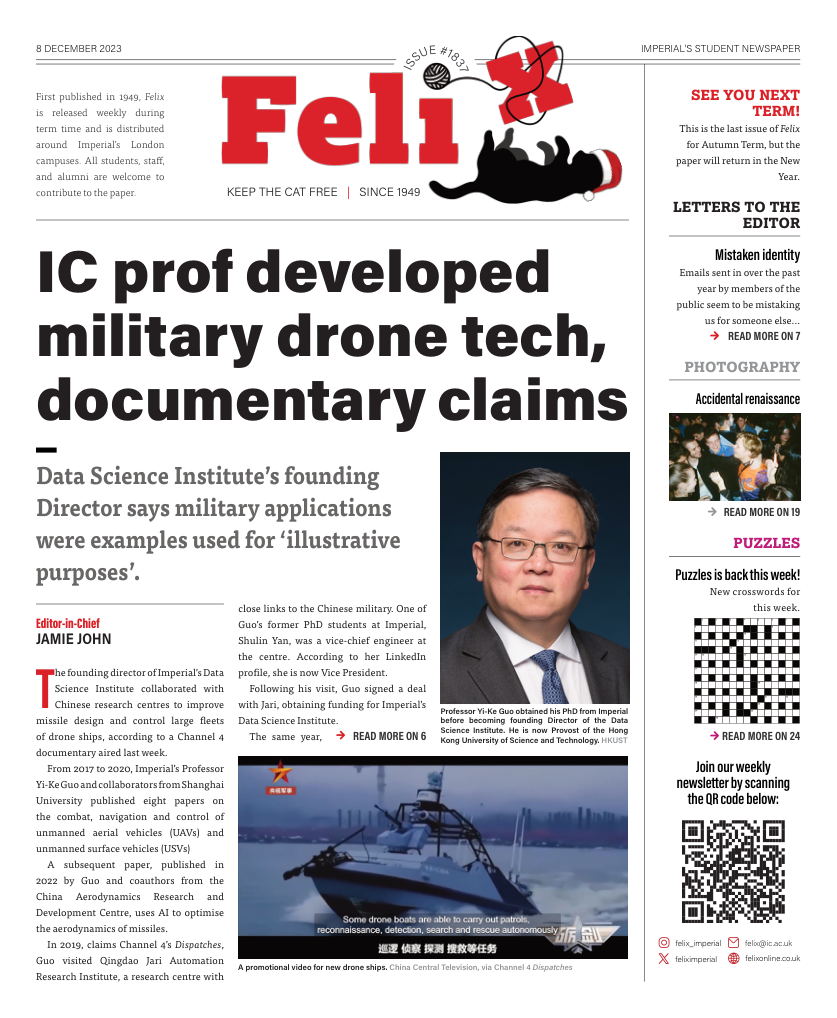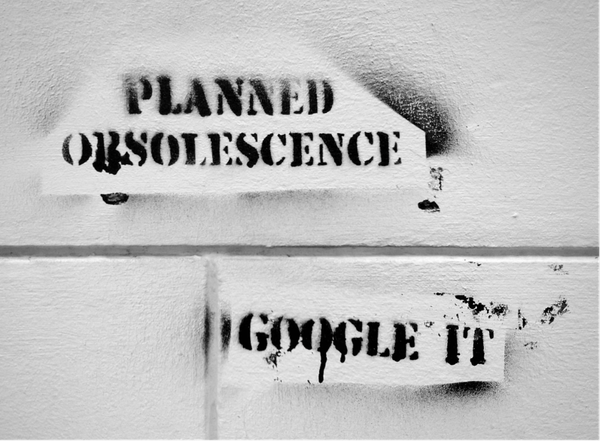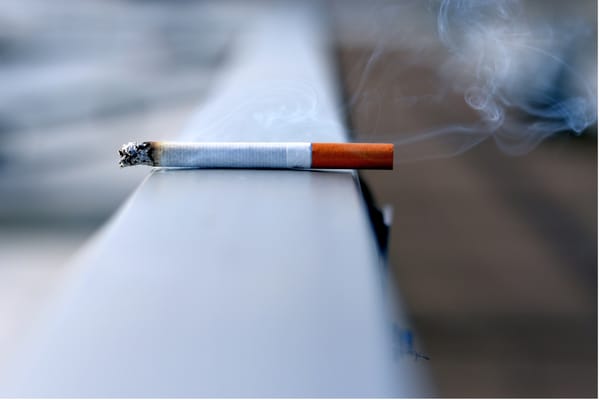Chemical Engineering's first climate cafe brings students and activists together
In early November, Imperial Climate Action (ICA) and the Chemical Engineering Society teamed up to organise a climate cafe to discuss the question “How could the Chemical Engineering department become a leader in climate action?”.

In early November, Imperial Climate Action (ICA) and the Chemical Engineering Society teamed up to organise a climate cafe to discuss the question “How could the Chemical Engineering department become a leader in climate action?”.
Like most of Imperial, the Chemical Engineering department is not a stranger to discussions on sustainability and net-zero. However, these are largely limited to technical rather than social, historical, political and justice related issues. The broad topic of the climate cafe was therefore guided by several prompts such as: “Do the department’s ties to fossil fuel companies help ‘greenwash’ them?” Furthermore, several guests were invited to provide different perspectives – including alumni, former oil and gas (O&G) employees, as well as members of ICA, and other climate activists. The world cafe format – involving rounds of small group discussions and feeding back to the whole group – was used to facilitate casual and friendly discussions.
I have summarised these discussions here for other Imperial students and staff to think about what climate action they can take.
Theories of change were the most frequently recurring topic. Some students suggested that they could change the culture and direction of O&G companies from within. Former O&G employees pointed out that this would take years to do and is not aligned with the urgency of the climate crisis. One guest suggested that such a change was at odds with a deeply ingrained culture of exploiting fossil fuels, which has seen renewable departments at O&G companies downsized. Another guest said the attitude in the O&G industry was one of “the last man standing”.
Several discussions focussed on education, and the tension between training highly qualified engineers and having a broader education that includes social science aspects of climate change. An argument in favour of the latter was the students’ appreciation for the discussions themselves. Most sustainability courses are electives in the third year and fourth year, and some students said that they had “discussed climate change more in the past two hours than in their entire life.”
Referencing carbon capture and storage (CCS), one student asked: “Are fossil fuels the problem, or is it climate change?” CCS was viewed by many attendees as a crucial part of reaching net zero by 2050. However, one guest warned that CCS was frequently used to justify continued O&G extraction despite the IEA and IPCC unequivocally opposing this. The guests strongly promoted the need to take decisive and substantial action in the next few years to stay below 2°C of warming. One student observed that the disappointing lack of progress with CCS possibly contributes to its image as ‘greenwashing’: a term used when a company misleads the public to believe that it is doing more to protect the environment than it actually is. Another student also mentioned that CCS would be the first step to decarbonising heavy industries such as concrete and steel.
An interesting appearance in the conversations was economic pressures. These included the Chemical Engineering Society’s previous and present O&G sponsorships and the need for financial support from the Union to support the transition to more sustainable sponsorships. In addition to this, attendees emphasised international students being unable to afford an education at Imperial or get a UK visa unless sponsored by O&G companies. Attendees noted that the systemic nature of these pressures would be greatly reduced if we lived in fairer, less unequal societies.
Other points raised were harder to categorise, such as:
- our societies’ dependence on fossil fuels, such as in plastic and petrochemicals, and how to break away from it
- the need for behavioural changes like reducing energy demand as well as technological, efficiency-led solutions
- the difficulty of fighting climate change in corrupt or otherwise undemocratic states, and whether this includes the UK
- the injustice for developing economies to prevent the use of fossil fuels and slow development despite historically not developing on fossil fuels, and the need to challenge the link between fossil fuels and development
- the general lack of Black, Indigenous and other People of Colour in climate movements
- the need for positive visions of the future in climate movements fighting against fossil fuel use
The world cafe format ensured the event was a success. The guests, students and staff all appreciated the possibility of having frank, calm, and remarkably friendly discussions. Many were grateful to learn about climate change this way rather than through a presentation or panel discussion. Chemical Engineering Society will be back next year with a similar event.
Sebastian graduated from Imperial’s Chemical Engineering course in 2018.









